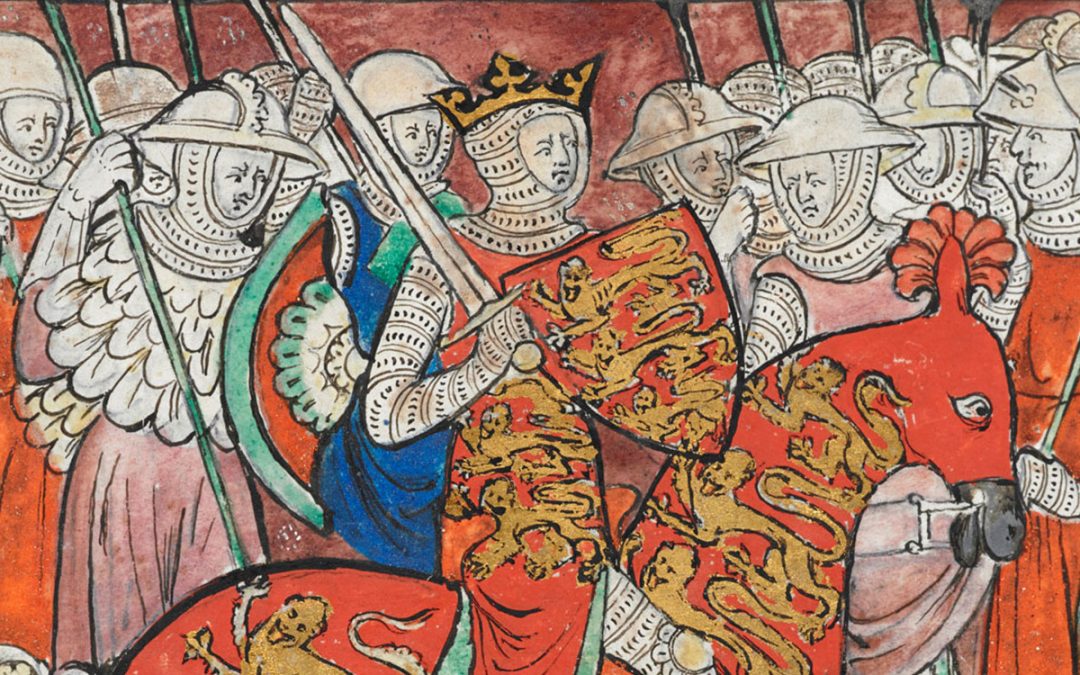As dark and dismal as the medieval period appears to have been from a 21st century perspective, it was a time of continual flux. The northern clans and tribes of Europe were warlike and often aggressively so. For 500 years, from about 500-1000 AD, the changes that took place were two-fold. Amid the continual strife, clans were welded into tribes, and tribes were hammered into nations. Weaknesses were taken advantage of and nations became the only bastion of strength within which relative peace could prevail. The second change was the Christification of northern Europe, sometimes by evangelism and sometimes by the sword.
The feudal system, which formed the economic foundation of the medieval period, was not absolute. As time wore on, the common folk were called into military service less often. War became more specialized and larger aggregations of power required professional soldiers who could be assembled quickly and could be organized effectively for battle. To some extent war became the occupation of the upper class and of those whose ambitions saw military service as a means to escape the limitations of the life of a serf.
By the time of the Norman conquest of the Anglo-Saxon kingdoms of England in the 11th century, it required only a relatively small force of highly motivated and effectively armed Normans to overcome the English defenses. If England had been united at the time, they could have withstood the Norman invasion. As it was the Normans, under a strong leader, were able to reduce the English into submission, attacking the Saxon kingdoms one by one. England became more united under Norman occupation than they had ever been as independent kingdoms.
Some understanding of the changes that took place in Europe during the 600 years between the fall of the Roman Empire and Norman conquest can be had by comparing the Norman conquest with the earlier invasion of the Saxons and other Germanic tribes that had dispossessed and displaced the native Britons, who had once been sheltered by Roman legions. The Normans did not displace the Saxons. They dispossessed and took the places of only the highest class of Anglo-Saxon nobility. Small in number, the French-speaking Normans still had an outsized influence on the political and social development of England.
Philosopher’s Corner – Gene Ross

